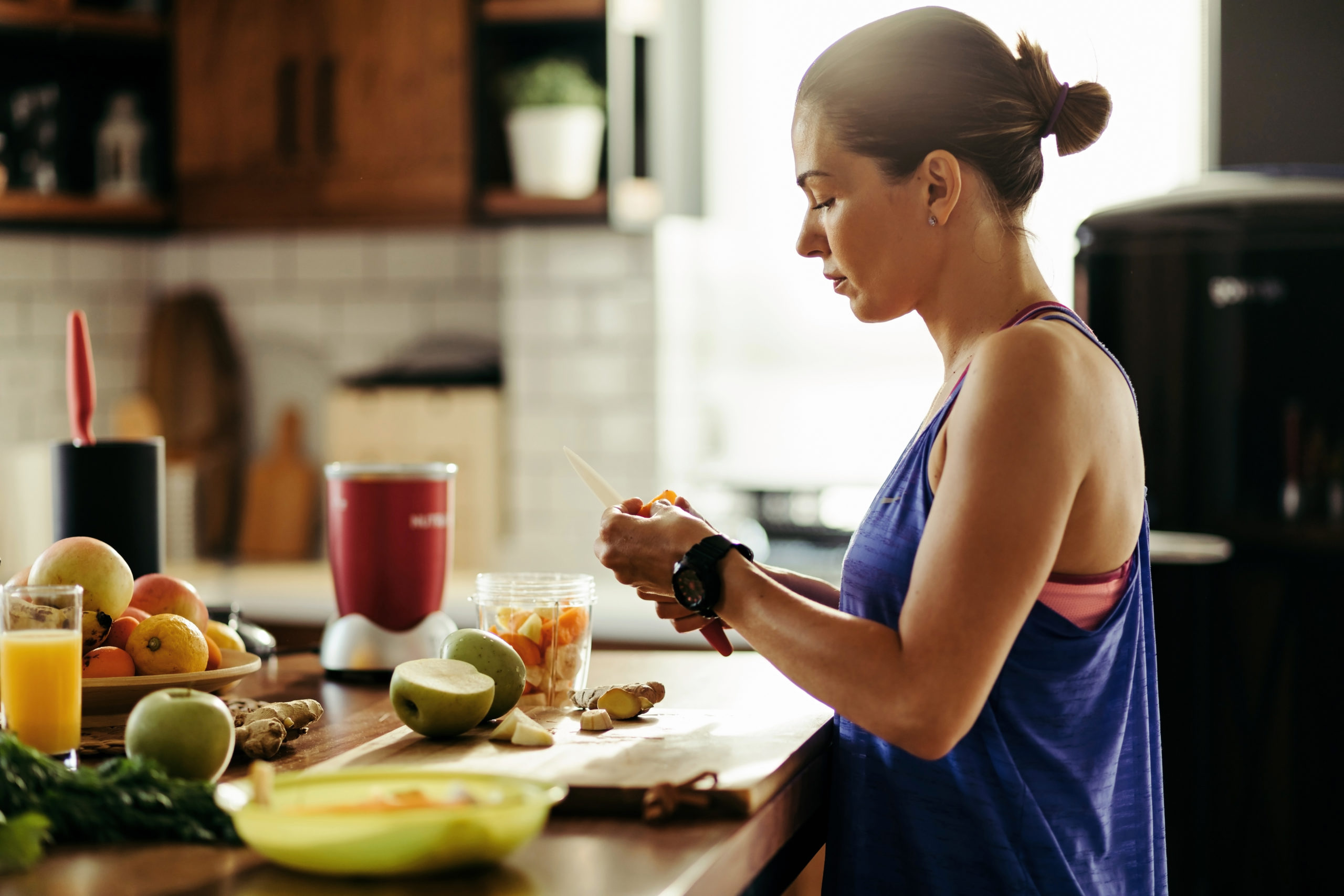
By Steffani Ford – Eat Smart Nutrition Accredited Dietitian & Sports Dietitian
Why do we need sleep?
Sleep is a critical part of an athlete’s recovery because it has:
- Physiological and psychological benefits, such as assisting with muscle growth and repair.
- Positive effects on the brain, such as consolidating memories like new skills learnt during training.
Scientists do not have a definitive answer as to why we need sleep, but we do know that sporting performance is negatively affected by a lack of it. From recent research, we also know that a lack of sleep may have negative effects on your immune and endocrine systems, which could lead to illness and therefore impede training and recovery and performance in competition.
Many nutritional substances, including foods and supplements, have been proposed to promote better sleep. Some foods and supplements may enhance the quality and/or quantity of sleep, and some claim to help us fall asleep faster. However, there is not a large body of evidence around prescriptive doses of particular foods and supplements to assist with sleep. Therefore, the following information should be used as a guide only to foods that may positively impact sleep.

Nutritional substances that can help you to sleep
Tryptophan
Tryptophan is an essential amino acid that is converted to serotonin in the brain and eventually melatonin. Low levels of tryptophan have been linked to sleep disturbances, therefore it is believed if tryptophan levels are increased, sleep onset and quality may also improve. Tryptophan can be found in foods such as milk, meat, fish, poultry, eggs, beans, peanuts, cheese and leafy green vegetables.
The timing and dose of how much tryptophan is required to help improve sleep is not yet known, but try to include some of those foods mentioned above in your late evening meal or snack. If your evening meal is late at night, keep the quantity of protein moderate – e.g. 100g meat/chicken/fish or 2-3 eggs. Consider including a glass of milk with this meal for dessert/supper.
High Glycaemic Index (GI) meals

Carbohydrate foods that digest quickly (i.e., high GI) such as white bread and rice, potato, may increase the ratio of free tryptophan in our body. This increase in tryptophan leads to an increase in serotonin, and eventually melatonin. Research has shown consuming a high GI meal before bedtime can help us fall asleep faster. However, when looking at this option to enhance sleep, you need to consider your overall energy/kilojoule and carbohydrate budget.
Salt
Salt itself doesn’t improve sleep per se, but including salty foods in your late night/ post-competition dinner can assist with fluid absorption (which is especially important if you’ve drunk more than usual in doping control). Including salty foods at night may decrease the number of times you need to wake and head to the toilet, leading to better quality/less broken sleep. This will also enhance your overall rehydration.
Melatonin
Melatonin is a hormone that is secreted predominantly at night and plays a major role in our sleep-wake cycle. Melatonin has been used to treat insomnia, and in some studies, has shown benefit in helping shift-workers and individuals experiencing jet-lag.
Foods such as sour (tart) cherries are high in melatonin, although this is most commonly taken as a concentrated supplement. Tart Cherry Juice is available and some companies offer batch-tested varieties for use with athletes. Melatonin is also available by prescription.
Disclaimer: The use of these and any substances must be explored in consultation with your sports physician or other medical professional and must be trialed well in advance of competition under the guidance of the appropriate healthcare professionals.
Nutritional substances that could hinder your sleep
Caffeine
Caffeine is a mild stimulant that has negative effects on sleep when ingested close to bedtime. Research has shown caffeine can make falling asleep more difficult when consumed within 2 hours of heading to bed. If you choose to use caffeine for performance enhancement, ensure you have determined the smallest possible dose in which performance is enhanced.
Over-hydration
Excessive fluid consumption before bedtime can cause frequent waking throughout the night to urinate. If you wake regularly during the night to go to the toilet, you may need to reduce the volume of fluid you consume in the hours just before bed to ensure you get a good night’s sleep. Optimising your hydration status means being conscious of your fluid intake throughout the day, ensuring your fluid needs at night can be moderated.
We’re here to help

For tailored advice on nutrition to enhance sleep recovery, you can reach out to Eat Smart Nutrition by calling (07) 3217 8555 or emailing admin@eatsmartnutrition.com

